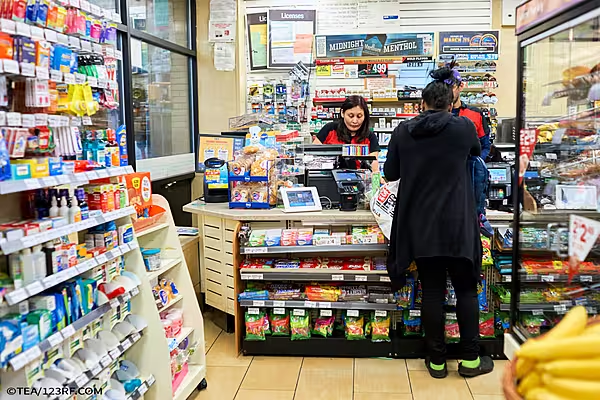US consumer prices rose slightly in December and monthly underlying inflation pressures retreated, which could allow the Federal Reserve to keep interest rates unchanged at least through this year.
The Labor Department said on Tuesday its consumer price index increased 0.2% last month after climbing 0.3% in November.
The monthly increase in the CPI has been slowing since jumping 0.4% in October. In the 12 months through December, the CPI rose 2.3% after gaining 2.1% in the 12 months through November.
Economists polled by Reuters had forecast the CPI would rise 0.3% in December and advance 2.3% on a year-on-year basis.
Excluding the volatile food and energy components, the CPI edged up 0.1% after gaining 0.2% in November. The so-called core CPI was up by an unrounded 0.1133% last month compared to 0.2298% in November.
Low Inflation
Underlying inflation in December was held back by declines in the costs of used cars and trucks, airline tickets and household furnishing and operations, which offset increases in the prices of healthcare, apparel, new motor vehicles, recreation, and motor vehicle insurance.
In the 12 months through December, the core CPI increased 2.3%, the largest gain since October 2018, after rising 2.3% in November.
The Fed tracks the core personal consumption expenditures (PCE) price index for its 2.0% inflation target. The core PCE price index rose 1.6% on a year-on-year basis in November. It undershot its target in the first 11 months of 2019. December PCE price data will be published later this month.
The U.S. central bank last month left interest rates steady and signalled monetary policy could remain on hold this year after it reduced borrowing costs three times in 2019.
Minutes of the Fed's Dec. 10-11 meeting published early this month showed policymakers generally expected inflation would eventually hit the central bank's target as the economy continued to expand and resource utilisation remained high.
There were, however, concerns among some officials "that global or technology-related factors were exerting downward pressure on inflation that could be difficult to overcome."
Unemployment Report
Moderate inflation was underscored by last week's employment report, which showed the increase in annual wage growth retreating below 3.0% in December, despite the unemployment rate holding at near a 50-year low of 3.5% and a broader measure of labor market slack dropping to a record 6.7%.
In December, gasoline prices advanced 2.8% after rising 1.1% in November. Food prices gained 0.2% after edging up 0.1% in November. Food consumed at home ticked up 0.1%.
News by Reuters, edited by ESM. Click subscribe to sign up to ESM: European Supermarket Magazine














